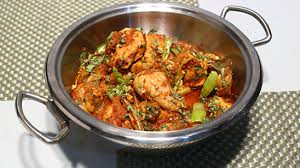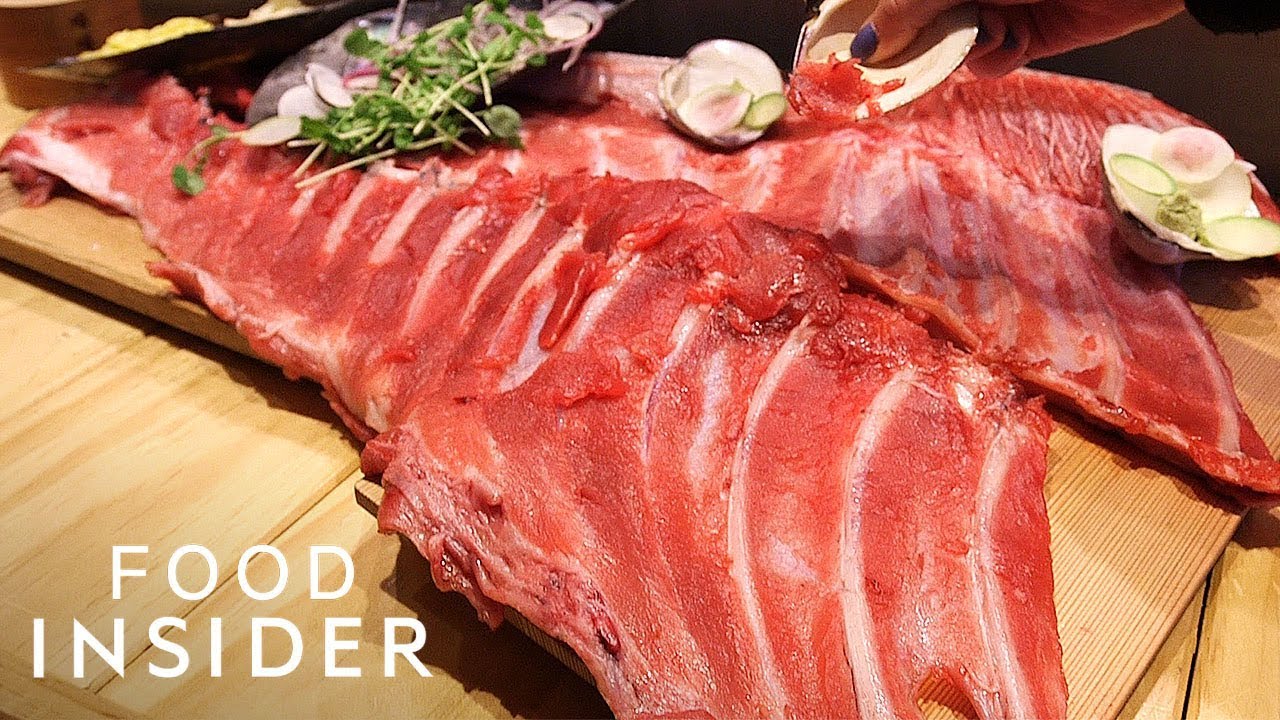Introduction
Heston Blumenthal is a world-renowned chef, restaurateur, and television personality. Born on May 27, 1966, in London, England, Blumenthal has made significant contributions to the culinary world, especially in the realm of molecular gastronomy. Over the years, he has gained widespread recognition and numerous accolades for his innovative cooking techniques, imaginative recipes, and unconventional flavor combinations. In this article, we will delve into the life and career of Heston Blumenthal, exploring his early years, his rise to culinary stardom, his most significant achievements, and his impact on the world of gastronomy.
Early Years and Education
Heston Blumenthal grew up in a family of modest means in London. His father was a mechanic, and his mother was a homemaker. Despite their modest financial circumstances, his parents instilled in him a love of good food and a passion for cooking. From a young age, Blumenthal was fascinated by the science of food and how different ingredients interacted with each other. As a teenager, he began experimenting with various cooking techniques, trying out new recipes, and inventing his dishes.
Blumenthal’s interest in cooking led him to pursue a career in the culinary arts. After finishing school, he enrolled in a catering college in Slough, Berkshire, where he learned the basics of cooking, baking, and kitchen management. He then worked in various restaurants across the UK, honing his skills and gaining valuable experience. However, it was during a trip to France that Blumenthal had his eureka moment.
In 1992, Blumenthal visited the three-Michelin-starred restaurant, Georges Blanc, in Vonnas, France, where he had a life-changing meal. He was amazed by the flavors and textures of the food and was struck by the level of precision and attention to detail that went into each dish. Blumenthal knew then that he wanted to become a chef of the same caliber and began to study the science of cooking in earnest.
The Fat Duck and Molecular Gastronomy
In 1995, Blumenthal opened The Fat Duck, a small restaurant in Bray, Berkshire, which he had purchased with a small inheritance from his grandfather. The restaurant initially struggled, but Blumenthal’s innovative cooking techniques and unconventional flavor combinations soon caught the attention of critics and foodies alike. The Fat Duck quickly became one of the most sought-after dining destinations in the UK.
Blumenthal’s approach to cooking is heavily influenced by molecular gastronomy, a scientific discipline that studies the physical and chemical processes that occur during cooking. He uses a wide range of tools and techniques, such as sous vide cooking, liquid nitrogen, and vacuum sealing, to create dishes with unusual textures and flavors.
One of Blumenthal’s most famous creations is his snail porridge, which consists of oats, snails, and a parsley puree. Another signature dish is his bacon and egg ice cream, which is made with ice cream flavored with bacon and egg custard. Blumenthal’s cooking style is characterized by its creativity, innovation, and sense of playfulness.
In 2002, The Fat Duck was awarded its first Michelin star, and in 2004, it received its second. The following year, The Fat Duck was awarded three Michelin stars, making it one of only four restaurants in the UK to hold that distinction at the time. The restaurant’s success made Blumenthal a household name and cemented his reputation as one of the world’s most innovative chefs.






























